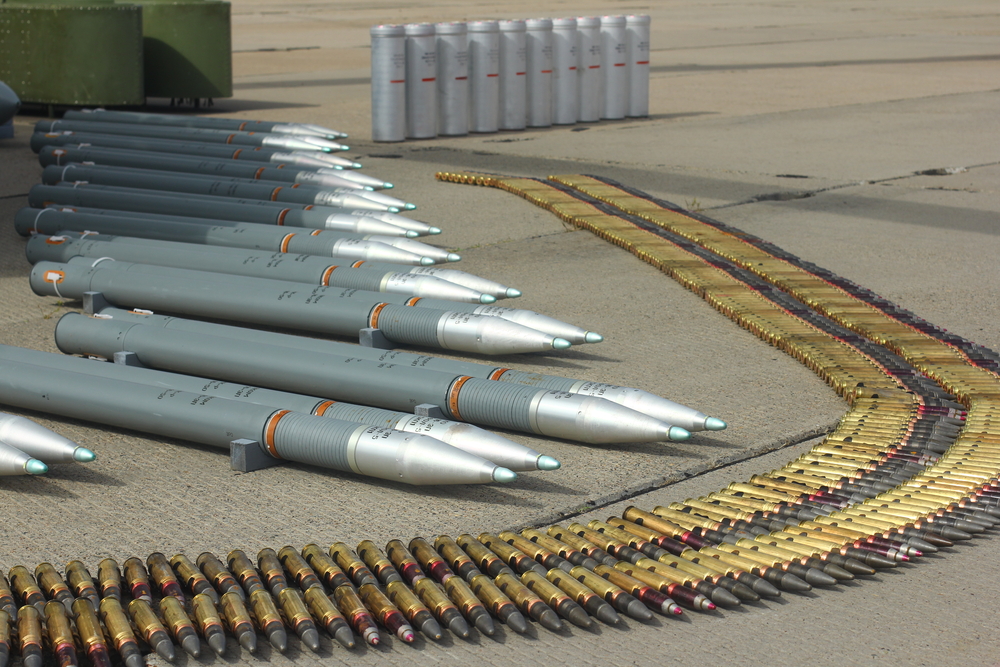
The Defense Advanced Research Projects Agency (DARPA) is proposing an ambitious new program to counter proliferation of weapons of mass destruction: checking suspects’ epigenetic markers to track history of exposure to associated materials.
The program is being called Epigenetic Characterization and Observation (ECHO), and its endgame is the creation of a field-deployable system that could analyze someone’s epigenome and identify markers of whether or not–in that person’s entire lifetime–been exposed to WMD-associated materials. DARPA officials are billing it as worlds quicker than sending to a lab to test for biological or chemical agents in clothing or hair.
“The human body registers exposures and logs them in the epigenome,” Eric Van Gieson, ECHO program manager, said. “We are just beginning to understand this rich biographical record that we carry around with us. We hope that with the capabilities developed within ECHO, someone in the field will immediately know if a suspected adversary has handled or been exposed to threat agents. The same technology could also serve as a diagnostic tool for our own troops, to diagnose infectious disease or reveal exposure to threat agents, so that medical countermeasures can be applied in time to make a difference.”
The program will last four years and be divided into two missions. The first is the identification of the epigenetic signatures which indicate threat exposure and the second is the creation of the tech to track it, down to its exact type and time of exposure. All it would take would be a finger prick or nasal swab. When it is complete, they hope the system will be able to perform its information diagnostics in 30 minutes or less.
Recognizing the privacy concerns attached to the development of such extensive technology, DARPA officials are consulting with ethical and legal experts for independent opinions on their research and its potential ramifications. DARPA also intends to host a Proposers Day on Feb. 23 in Arlington, Virginia, to explain the program to potential proposers.




